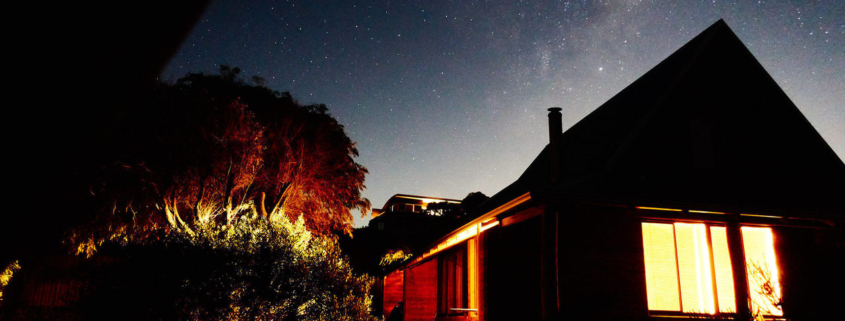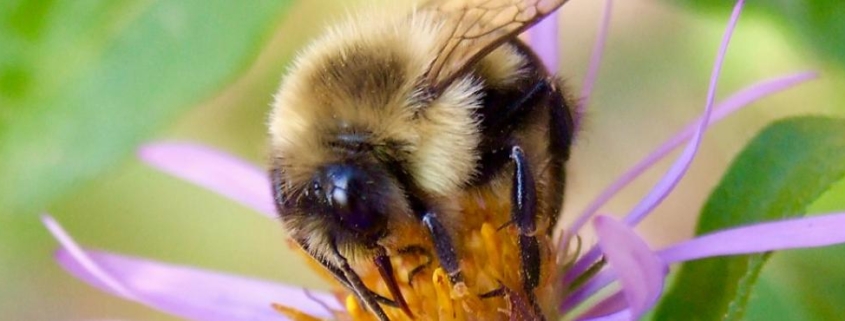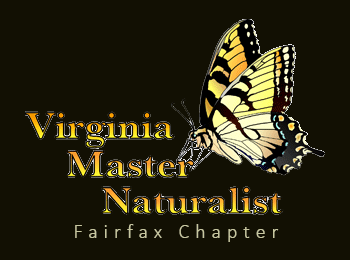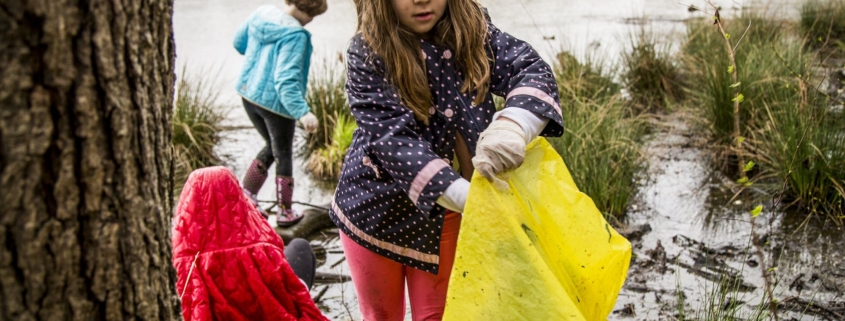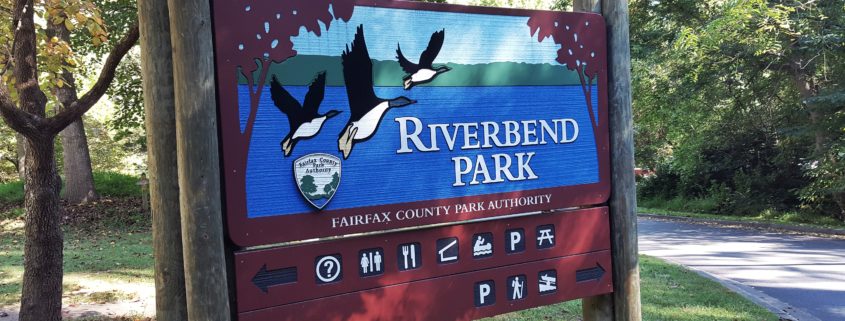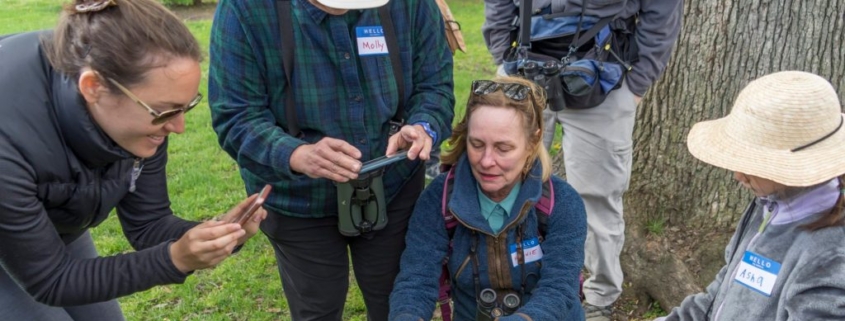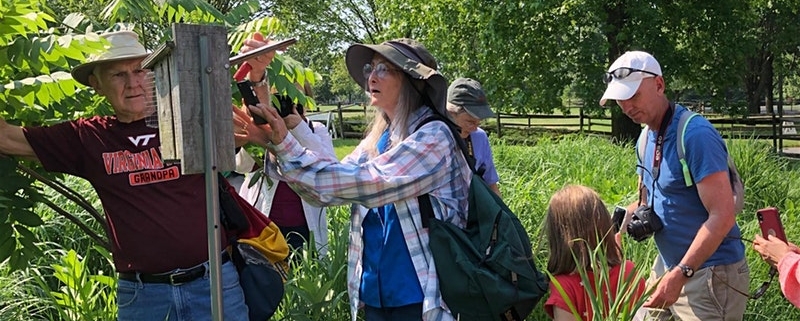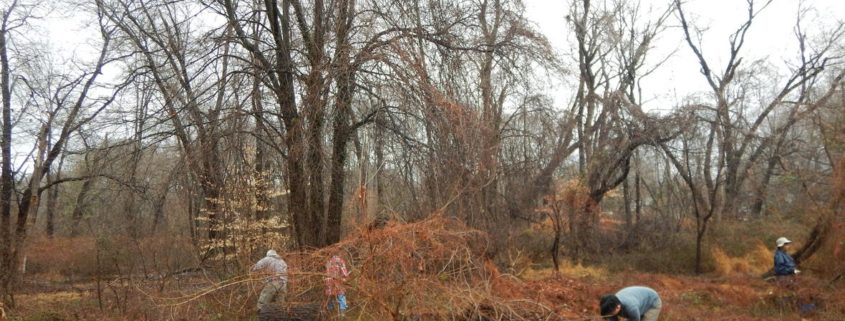Spring is around the corner! Check out the many opportunities available at Riverbend Park. Park staff and volunteer coordinator Valeria Espinosa hope you can join them for any of these projects and events!
Spring & Summer Natural Resource Internships (18+)
Interested in working for the Resource Management Division? Apply to the NEW internship program and get hands-on experience working alongside Natural Resources Manager, Rita Peralta. Applications accepted now until filled.
Sign up here: https://volunteer.fairfaxcounty.gov/custom/1380/#/opp_details/184394
Contact: rita.peralta@fairfaxcounty.gov
Spring Volunteer Orientation: Preserving Our Parks!
Saturday 3/14 | 9:00 AM | 8814 Jeffery Road, Great Falls, VA 22066
Riverbend has many exciting projects in store and several positions available. Come learn about theprograms and get started on a field project or training right away!
SIGN UP: https://volunteer.fairfaxcounty.gov/custom/1380/#/opp_details/185556
Invasive Removal Team!
Join the Invasive Removal team and help lead the effort to reduce the spread of invasive plants at Riverbend Park. Volunteers can join monthly removal events, Adopt-a-Spot, and/or assist with field surveying and monitoring. Scheduling is flexible! If you are interested contact Valeria and sign up for orientation on 3/14.
GET INVOLVED! valeria.espinoza@fairfaxcounty.gov
Invasive Removal Days: https://volunteer.fairfaxcounty.gov/custom/1380/#/opp_details/184647
Teaching Docent! (18+)
Interested in Northern Virginia’s natural resources and heritage? Become a Teaching Docent and share your passion for the outdoors through Riverbend’s school programs involving history, nature, and science. Don’t worry, they will train you!
SIGN UP: https://volunteer.fairfaxcounty.gov/custom/1380/#/opp_details/179279
Resource Naturalist!
If you are interested in monthly/bi-monthly volunteering at Riverbend Park and/or Scott’s Run Nature Preserve, join our Resource Management Team! Become a Resource Naturalist and get involved in Wildlife surveys, Wildflower Surveys, Field Surveys, Trail Restoration, Invasive Control, Planting projects, and more!
SIGN UP: https://volunteer.fairfaxcounty.gov/custom/1380/#/opp_details/179280
Trail Work Days!
SIGN UP: https://volunteer.fairfaxcounty.gov/custom/1380/#/opp_details/185491
ESLI Volunteer Coordinator (18+)
Looking for organization leadership experience? The Environmental Student Leadership Initiative (ESLI) is seeking a lead coordinator to work with high school student leaders on managing this environmental education organization.
APPLY HERE: https://volunteer.fairfaxcounty.gov/custom/1380/#/opp_details/185533
Riverbend Gardener!
Support our gardens at Riverbend Park! Volunteer 2-3 times a month and help our native gardens thrive.
SIGN UP: https://volunteer.fairfaxcounty.gov/custom/1380/#/opp_details/184766
Bluebell Festival! April 11th
SIGN UP: https://volunteer.fairfaxcounty.gov/custom/1380/#/opp_details/180932
For more opportunities CLICK HERE!
Questions? Email Valeria at valeria.espinoza@fairfaxcounty.gov


